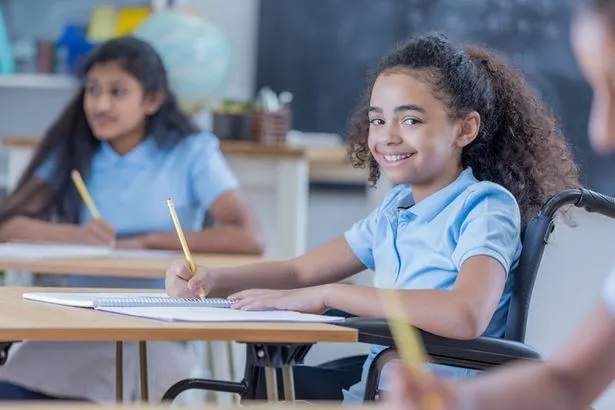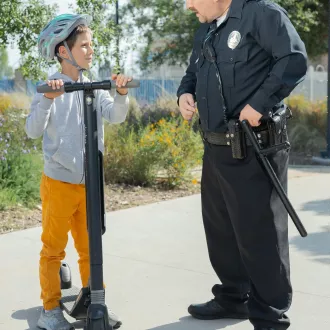Transcription Encouraging independence in decision making.
Child autonomy is key to the healthy development of children, as it helps them acquire skills that allow them to be more independent in their daily lives. Within this process, learning to solve problems becomes a vital aspect, as it helps children develop tools to face complicated situations and find appropriate solutions.
Next, we will discuss the relevance of problem solving in the development of children's autonomy, analyzing its influence in the emotional, cognitive and social areas of the child. We will also offer some strategies for parents and caregivers to foster these skills in children.
The value of problem solving in children's autonomy
Problem solving is a cognitive process that involves identifying a problem, searching for information, generating solution options, evaluating alternatives and choosing the best option.
This process is critical not only for academic and career success in adult life, but also for emotional and social development in childhood. Children who learn to solve problems develop greater self-confidence, deal effectively with complex situations and feel capable of overcoming challenges.
Difficulties
When a child has not developed problem-solving skills, he or she may feel overwhelmed by complicated situations and have difficulty finding appropriate solutions. This can lead to frustration, anxiety and decreased self-esteem, negatively affecting their emotional and social well-being. In contrast, children who are successful problem solvers also acquire social skills such as communication and collaboration.
Teamwork
Problem solving involves listening to and considering the opinions of others, which helps children develop empathy and a better understanding of others. In addition, when children work in teams to solve problems, they learn to share ideas and receive constructive criticism, crucial skills for establishing healthy interpersonal relationships and working collaboratively in the future.
Exploration and discovery
Children learn most effectively when they explore the world on their own, so it is vital to provide them with opportunities to investigate and discover. This can include activities such as playing outdoors, interacting with nature, building with blocks, or experimenting with different art materials.
Challenges
One of the biggest challenges parents face is the fear of their children making mistakes. Many want to protect their children from failure or frustration, but it is important to remember that these ar
independence decisions




